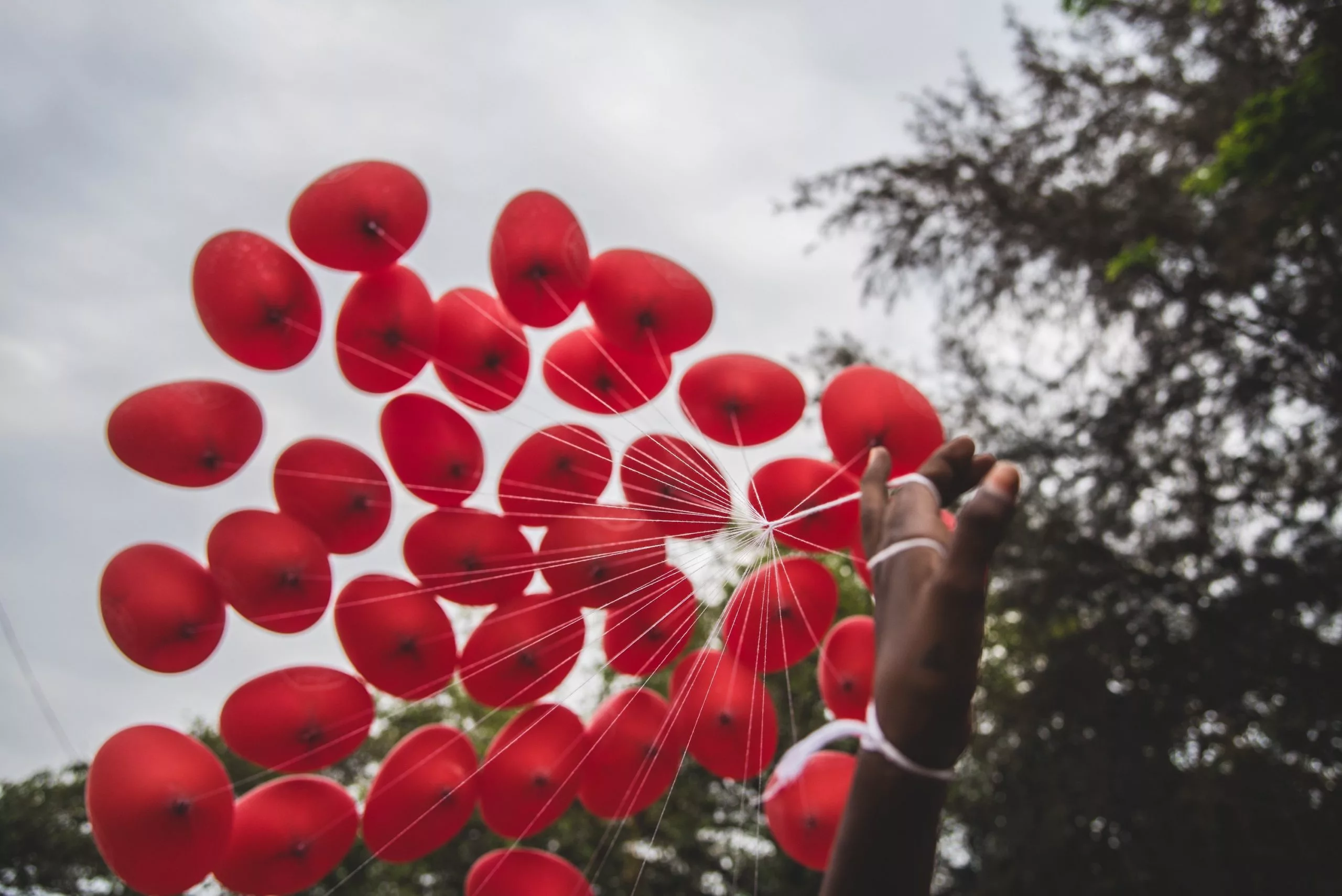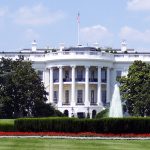Like begets like. Strongly held beliefs, strong personality traits, and orientation amongst the leaders of today engender and spread such beliefs in a larger spectrum of the society. Leaders of today are shaped from the cultural milieu and stereotype of society. A society which values wealth, ambition, strong work ethic, and equality of opportunities will create leaders who espouse these values. On the other hand, strongly held beliefs based on discriminatory practices against a specific race, caste, language, religion, or gender will throw up leaders who perpetuate these values. A conservative society is more likely to create conservative leaders. The collective values of a society are created by beliefs, biases, and predilections held by individuals in the society. The whole cycle, therefore, becomes self-reinforcing and self- perpetuating, with individuals’ beliefs determining the collective stereotype of the society—which in turn churns out leaders who reflect and strengthen widely held beliefs, entrenching the already held strong societal value system.
The whole cycle has a phase lag. For example, in the early 20th century, the western world was beset by beliefs that strongly discriminated against Black Americans and women. This created social, cultural, and corporate systems which created an environment that discouraged women from working or forced them into specific roles in the society. Similarly, the discrimination against Black Americans manifested in a ghetto-like creation, where segregation of people based on color was the norm. Opportunities, school systems, cultural conditioning, and societal conditioning all served to strengthen such systems.
One can very clearly predict the social conditions of tomorrow based on the mindset of people in society today. All discriminations and systems travel from belief to widely held stereotypes to actual manifestations of system and prevalent conditions in the society. The core aspect of racial inequity is therefore the widely held discriminatory beliefs at the individual level. Break these beliefs and the whole edifice built around them will crumble.
The current approach of targeting the manifestations of racial equity that is external systems and conditions is required, but these are merely responses at a symptomatic level. What is needed are ways and means by which one can tackle the root cause of inequity—that is, strongly held beliefs.
Beliefs are like viruses: They spread fast, replicate quickly, and very soon become pervasive. Once a belief takes root, external reality or objective truth cannot stop it. Human beings view reality through the lenses of their belief; they will see only what their belief allows them to see. An individual who believes that he has been victimized will only see reality which actually creates such a situation. Evidence to the contrary is discarded and hence cannot affect his belief system. Many studies conducted have shown that the role of logic is to perpetuate strongly held beliefs in an individual. You will only see what you want to see, and what you see will strengthen your pre-existing beliefs.
Therefore, most human beings are convinced their beliefs are true, while in actuality they may not be. Beliefs in religion, beliefs about other people, and beliefs about people of varying social status cannot withstand the scrutiny of truth and reality. Proverbs, which are a distilled form of collective beliefs, are always not true either. If a statement is true, an equal and opposite statement will also hold some truth value. “Look before you leap” is a widely held belief, but we all know that too much of looking or excessive caution can be detrimental. Be spontaneous or “jump into the water” holds truth in many situations.
One reason for the wide range of beliefs held is the complexity of our society. As the society becomes more complex, we develop stronger beliefs so that we can simplify and justify the complexities around us. We have thousands of beliefs about literally everything. If you are a Christian, you may have some beliefs about Muslims. IF English is your native tongue, you will hold some strong beliefs about the French, and so on.
What if we changed our minds? What if we viewed our own beliefs with a pinch of salt and questioned them before committing any action? What if we deliberately distance ourselves from beliefs that cause hatred, anger, or jealousy within us and others? This will be hitting at the very foundation of racial inequity.
If we define ourselves based on our beliefs, won’t stripping ourselves of these beliefs create a vacuum within? Misguided notions and fears perpetuate the need to have strong opinions. The truth, however, is very different.
When we free ourselves from our preconceived notions, we become free within. We give ourselves a chance to act from our deepest intelligence. We learn to listen to our inner voice. As we rid ourselves of self-discriminating beliefs, our innate sense of being manifests itself. Conditioning and false self fall away, and we feel the freedom within.
Freedom within expresses itself as freedom outside. It is in such a situation that individual differences, cultural differences, and the infinite manifestations and variabilities of a human being are respected, valued, and admired. This mindset brings forth a sense of wonderment, and we no longer feel threatened. A receptacle for everlasting racial, gender, language, and religious equity is created.
If this sounds like a fantasy, pause and think. Is it because of a widely held belief that genuine racial equity is too good to be true? It is possible to achieve these goals in a systematic manner. But this calls for a different world view and a different way of looking at things.





